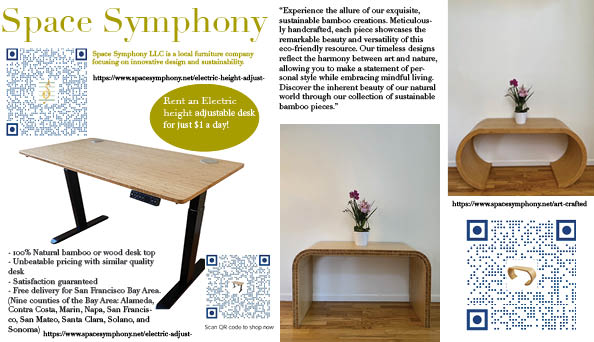
The Palo Alto High School administration is seeking to implement a bring-your-own-device (BYOD) policy for the 2016-17 school year to ensure every student has access to an electronic device, according to principal Kim Diorio.
Though the school owns 1,800 assorted electronic devices, including iPads, desktops and laptops, teachers often have difficulty securing access to them for their classes, according to Diorio. Consequently, the school will encourage students to bring their own personal devices.
“I’m hoping to have students come to school next year with their own laptops, Chromebooks, tablets, or whatever it is that they want to use,” Diorio said. “When they’re in class they can just pull it out, work on it right there and put it back in their bag.”
According to Diorio, the administration will not require students to bring any particular kind of device.
“Some schools have gone one-to-one with iPads or with Chromebooks, but we want students and their families to make the choice that works best for them,” Diorio said.
For students who are unable to afford a personal device, Diorio said the school will cover the cost, although the students will still have to pay for an affordable insurance policy.
“We would be using some outside funding to work on providing devices for anyone who needs it,” Diorio said. “What most schools do is have students buy an insurance policy, so that they do not have to pay for the entire cost of the device if they lose or break their device.”
Sophomore Reetu Joshi believes that more widespread technology use will only be effective if teachers regulate it.
“If the teachers don’t have any rules about it [using electronics], kids will be on their laptops all the time,” Joshi said. “But if they say, ‘You can’t take your laptops out unless I tell you,’ it’ll be better.”
Advanced Placement Psychology classes have already piloted a technology program similar to the proposed BYOD policy, in which all students are given a designated Chromebook to use throughout the school year. AP Psychology teacher Chris Farina believes that the new approach may prevent device shortages and reduce the pressure on the school to provide equipment for students.
“It can help alleviate the strain on some of the resources we have in the various departments,” Farina said. “Maybe you don’t need a laptop set of 32 … you just need 16.”
Farina echoed Joshi’s statement, expressing his concern that technology could become a distraction rather than an educational asset.
“From a classroom management perspective, the big concern for the teachers is how they’re going to balance providing kids with access to the Internet,” Farina said. “How do we keep them focused on doing class work in class and not on Facebook, or Instagram or Reddit or wherever else they would like to go?”


